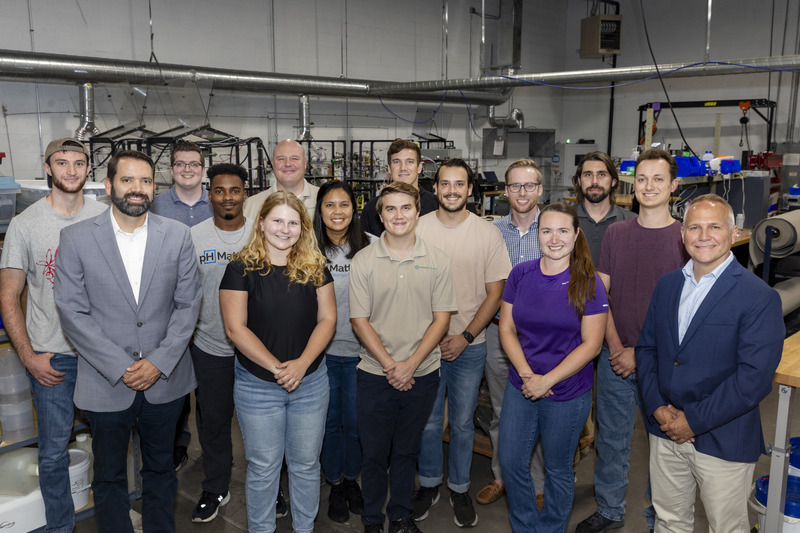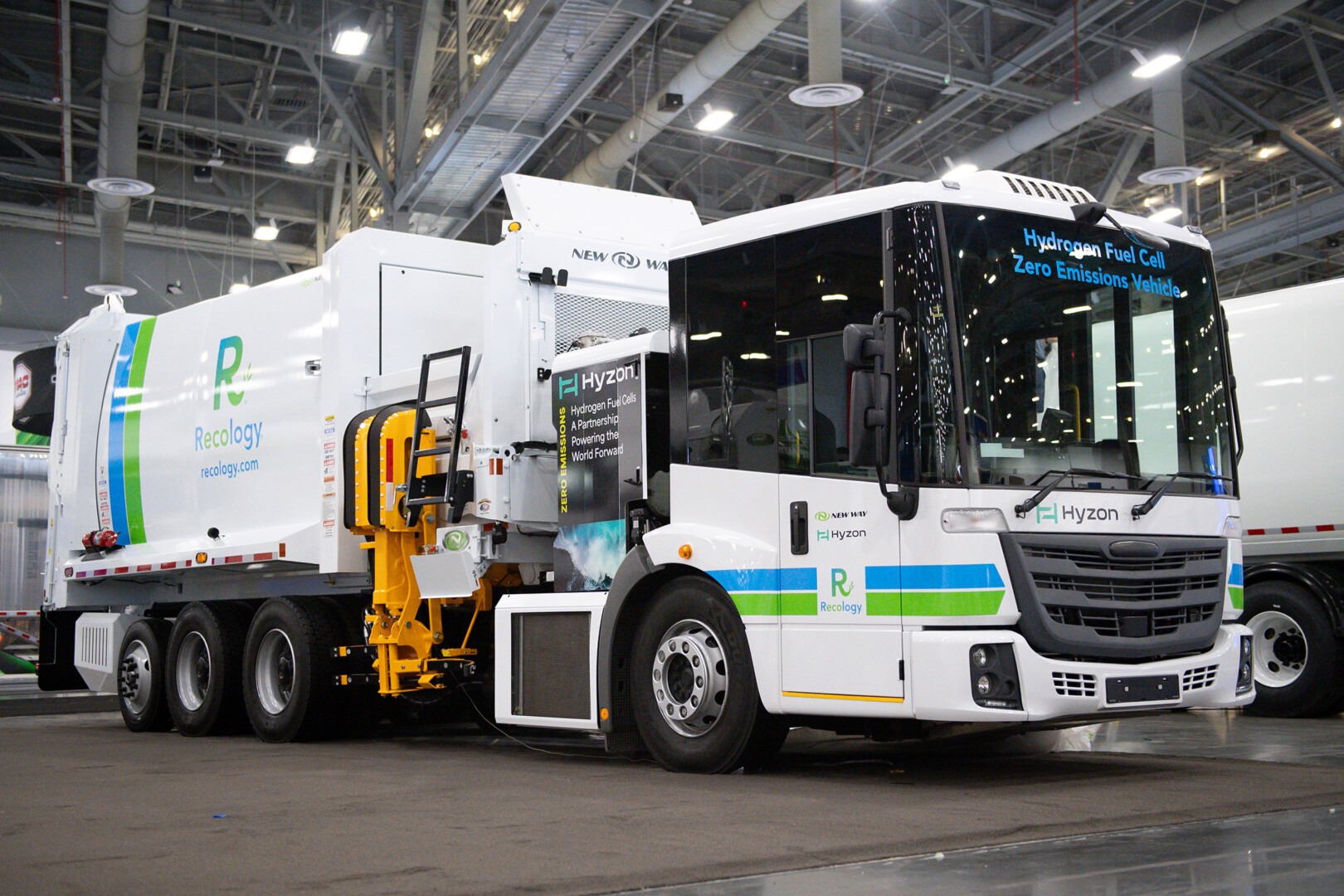Sembcorp Partners with NYK for Green Ammonia Transport from India to Japan

Sembcorp and Japan’s NYK Line have agreed to transport 200,000 tonnes of green hydrogen-based ammonia from India, supporting Sembcorp’s initiative to produce cost-competitive green ammonia.
This strategic collaboration is part of Sembcorp’s broader initiative to produce cost-competitive green ammonia in India, supported by its 4.7GW renewable energy portfolio.
The green ammonia will be sourced from Sembcorp’s upcoming plant in Tuticorin, Tamil Nadu, where front-end engineering and design (FEED) work commenced earlier this year.
The agreement also involves Sojitz and Kyushu Electric Power, who are expected to market the ammonia to industrial off-takers in the Kyushu region of Japan.
This partnership builds on the Memorandum of Understanding (MOU) signed between Sembcorp, Sojitz, and Kyushu Electric to explore green ammonia production in India and its export to Japan.
Vipul Tuli, Chairman for South Asia and CEO of the Hydrogen Business at Sembcorp Industries, highlighted the significance of Tamil Nadu as a “frontrunner state in realising India’s green hydrogen ambitions.”
Additionally, Tan Soon Kim, Deputy Managing Director of Enterprise Singapore, emphasized the role of Singaporean companies in supporting India’s economic growth and facilitating collaboration with Japan.
This project aligns with Japan’s Hydrogen Society Promotion Act, passed in May 2024, which aims to provide a 15-year subsidy for domestically produced and imported low-carbon hydrogen.
As Japan works to replace its current LNG and coal imports with hydrogen and derived fuels like ammonia, this partnership is a critical step toward the country’s decarbonization goals.
The partnership between Sembcorp Green Hydrogen and NYK Line, along with Sojitz and Kyushu Electric Power, is not only significant for Japan’s energy transition but also holds substantial benefits for India.
The green ammonia produced in Tamil Nadu will position India as a key player in the global green hydrogen economy.
This initiative is expected to drive significant economic growth in India, particularly in the Tamil Nadu region. The project will generate jobs, attract investment, and stimulate the local economy by leveraging India’s vast renewable energy resources.
Additionally, the successful export of green ammonia to Japan will enhance India’s trade balance, strengthening its position as a leader in sustainable energy exports.
The collaboration also underscores India’s potential to become a major hub for green hydrogen production, paving the way for further international partnerships and economic opportunities.

